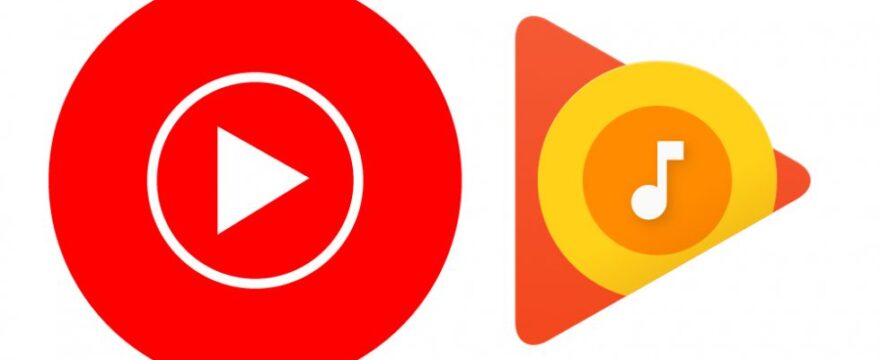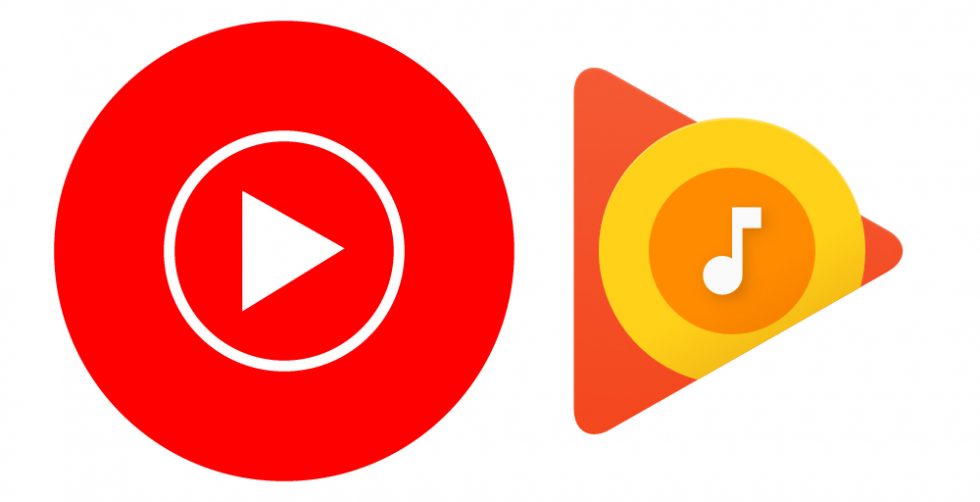In almost every form of entertainment at the moment, we’ve entered into the age of ‘streaming wars.’ The term comes from the battle between Amazon, Netflix, and other TV and movie streaming platforms as they do battle for subscriptions and attention, but it could just as easily be applied to any form of entertainment. There are video game streaming wars between Google, Apple, and Nvidia, and there are music streaming wars between Spotify, Deezer, Apple Music, and Google. There are inevitably casualties in every form of war, and we now know that Google Play Music is to become one of them.
All streaming companies owe their existence to one simple concept; storing as much entertainment as they can in one place, and then allowing the public to access it for a price. You could make a strong (and probably correct) argument that online slots websites showed the rest of the world how this could be done. The first online slots materialized not long after the turn of the century and demonstrated that people were willing to pay big money for entertainment online. Today, the industry that’s grown up around slots is projected to reach a value of one hundred billion dollars per year by 2025. The TV and music market is and probably always will be worth more than that – but as Google has just found out, nobody is invulnerable if the market turns against them.
In late September, which is less than two months away, Google will start the process of shutting down Play Music for good. Customers in South Africa and New Zealand will be the first to lose access to their songs, followed by the rest of the world by the end of October. The service will nominally remain available until December so users can transfer their music out of the app and store it safely elsewhere, but after December, they’ll be cut off completely, and any music still stored on the platform will be lost forever. To ensure that customers who don’t pay attention to the news are aware of the change, the purchase of new music through Play Store is expected to become impossible almost immediately.
While this might look like a retreat and an admission of failure, Google hasn’t quite given up on the idea of making money through music on the internet just yet. Instead, it’s putting all of its eggs in one basket by replicating everything that Google Play Music provides within YouTube Music. The video-sharing app is more popular and widely-used than Google, and so the company hopes that by making use of the brand for this service, they can increase their user base. Google has made it as easy as possible for users to make the switch between Google Play Music and YouTube – if everything works as the company intended, downloading the YouTube Music App and opening it should result in a prompt appearing, which invites you to transfer all of your files, preferences, and other information with a single button press.
While Google hasn’t published its reasoning for killing off one service in favor of another, it’s likely that the decision is a response to the increasing dominance of two other music apps in the marketplace. One of those is Spotify, and the other is Apple Music. It’s generally understood that of the two, Spotify owns the larger market share and makes the most money. That isn’t always clear, though. The Wall Street Journal claimed that Apple Music had overtaken Spotify in terms of paid subscriber numbers in April of 2019. Just three months later, the respected technology website CNET said that Spotify had taken a big lead over Apple. We wouldn’t want to be drawn on who’s winning, but if the battle is between the two companies, it’s safe to say that Google is on the losing end as things stand.
There’s little doubt that YouTube is a better-known brand than Google Play Music is or ever was. There will be people reading this article right now who didn’t know that Google Play Music even existed, and so switching to a mainstream-aware name like YouTube is probably a smart move from a business point of view. It still comes with a degree of uncertainty, though. While people know YouTube and use YouTube, they do so because it’s the world’s largest video-sharing platform. They might associate it with music videos, but they’re unlikely to automatically associate it with listening to audio files. There’s also a reluctance among the public to pay for access to YouTube in the way that a music subscription service would require them to. While YouTube Premium exists, it’s low on monthly users and only accounts for a tiny fraction of YouTube’s regular visitors.
A move like this is unlikely to go unanswered by Google’s rivals in the marketplace. Spotify’s response may already have arrived. For the past few weeks, the company has been trialing the introduction of live-action video on its platform for a few selected podcasts. It’s too early to say whether those trials have been a success, but Google can’t be happy with the idea of Spotify trying to take a bite out of the video podcast market when it already has such a significant share of the music streaming market. Spotify has the money to attempt to lure streamers and podcasters away from YouTube if it chooses to do so. Google would no doubt respond to any such move, and that may, in turn, result in a ‘stepping up’ of the streaming wars as companies poach talent from each other in the hope of winning a better foothold in the market.
For all this talk of streaming wars, what this means for the average Google Play Music user is very simple. You’re about to lose platform to your access of choice, and you have very little time to do anything about it. You won’t be able to buy new music through Google from now on, and you won’t be able to use most of the service’s functionality by the end of October. If you don’t do anything by the end of December, you stand to lose everything that you have stored on the platform. Don’t let that happen, if you’re likely to be affected, take action today to find a new home for all your beloved songs!

